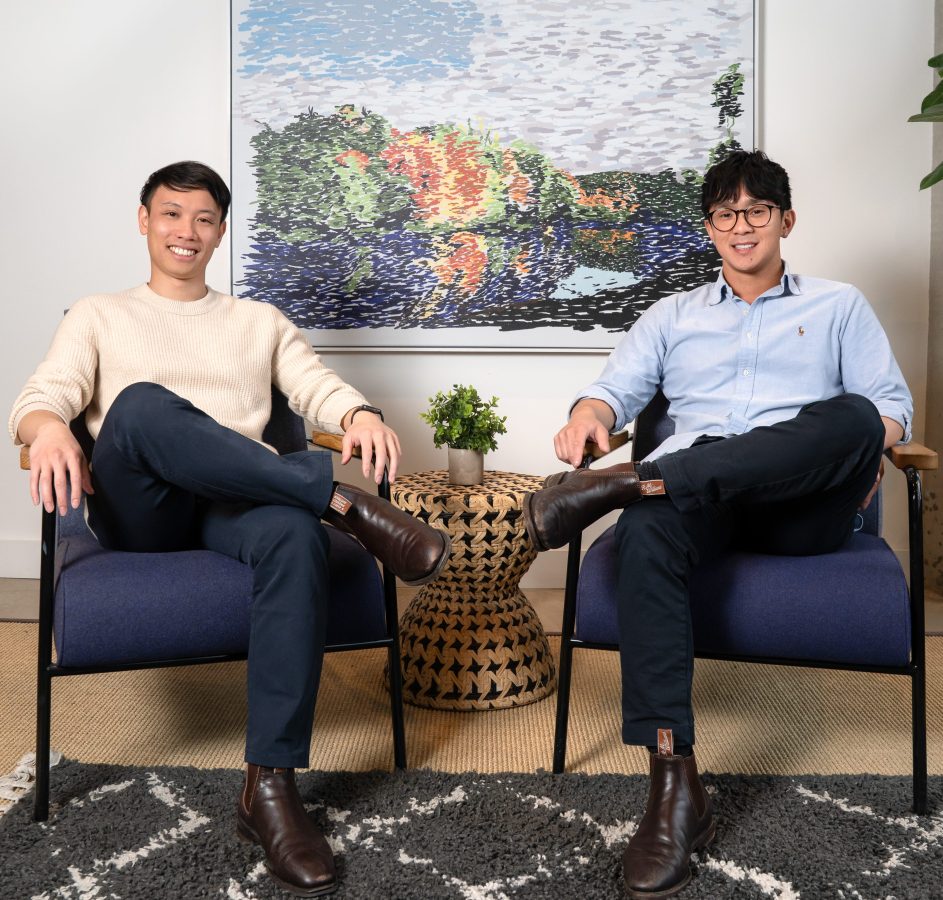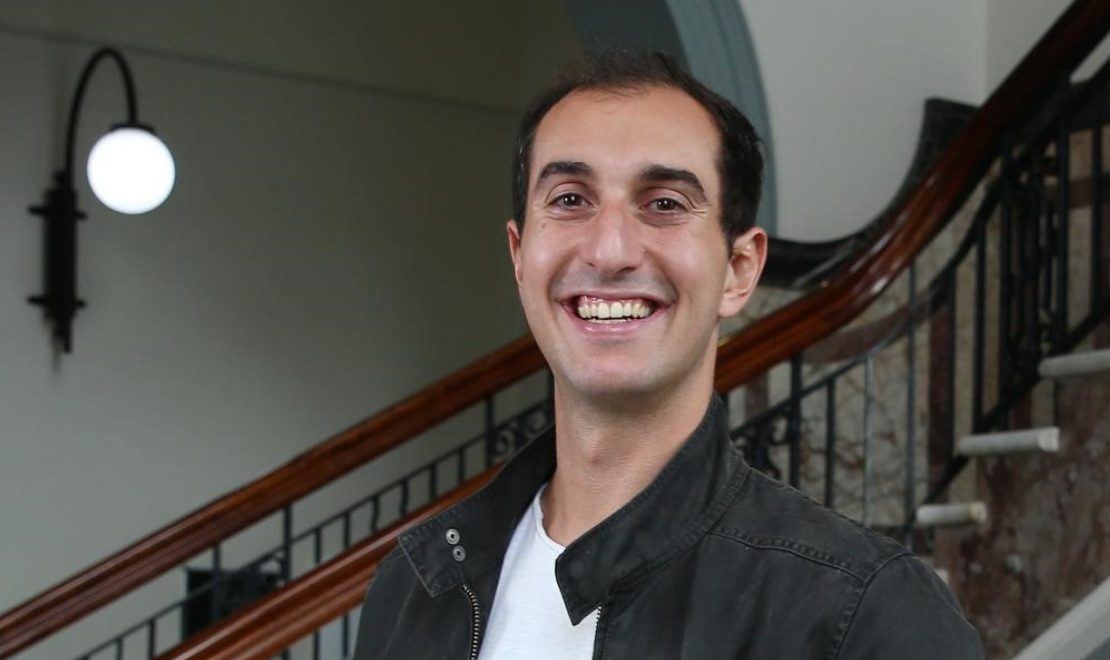With more than 200,000 patients worldwide logging health actions on the Human Health platform, co-founders Georgia Vidler and Kate Lambridis say they’re ready for the company’s next phase of global growth.
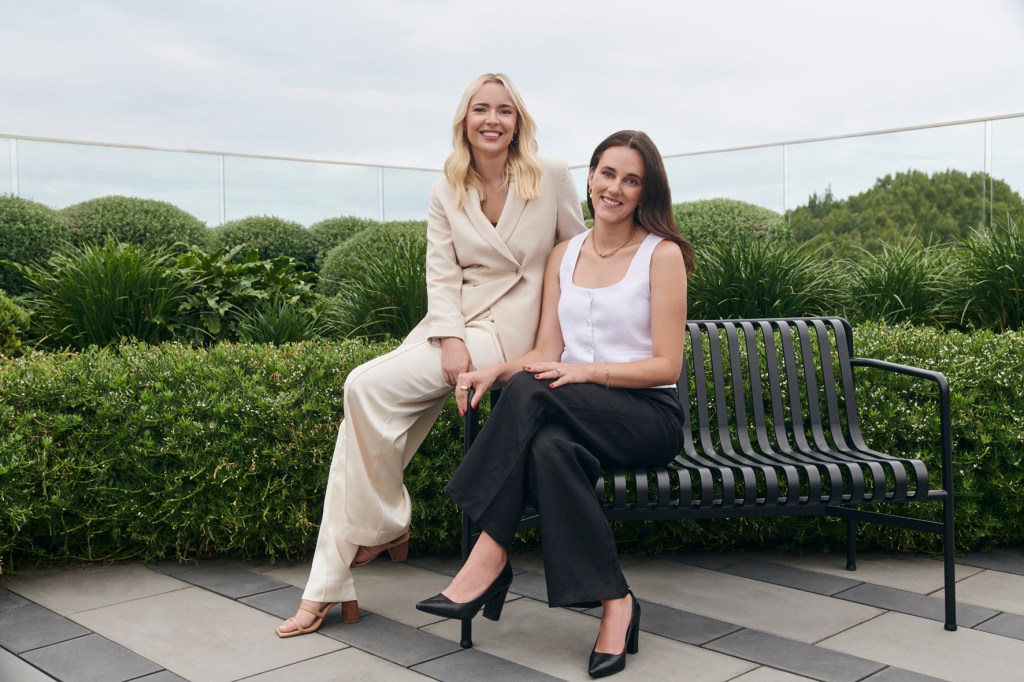
Digital health platform Human Health, co-founded by ex-Canva product leaders Georgia Vidler and Kate Lambridis in 2021, has raised $8.5 million to accelerate the company’s international expansion, expand its product intelligence and scale research partnerships via a new platform, Human Evidence.
This raise, which follows Human’s $10.15 million seed round in 2022 (the largest seed for an all-female founder team at the time), included new international investors LocalGlobe (behind design platform Figma and fintech firm Wise), Airtree, Skip Capital , all-female venture fund Aliavia and Scale Ventures.
“Our mission is simple: to give everyone access to personalised healthcare,” co-founder Lambridis said. “Right now, too many people are left in limbo; stuck on waiting lists, repeating their stories to different doctors, and trying to make sense of complex conditions without the right tools. Human Health is designed to change that.”
The platform claims to catch patients with chronic illnesses slipping through the cracks in the health system. (In the US, around three-in-four adults live with at least one chronic condition, in Australia more than one-in-two manage a long-term illness and in the UK, nearly half of adults report a persistent health issue).
Human works by allowing users to capture their health history, track which treatments are working and in return, provides personalised insights they can act on or share with doctors. Long-term (and with patient consent) Human hopes to enable those users to contribute their experiences to help others and advance research.
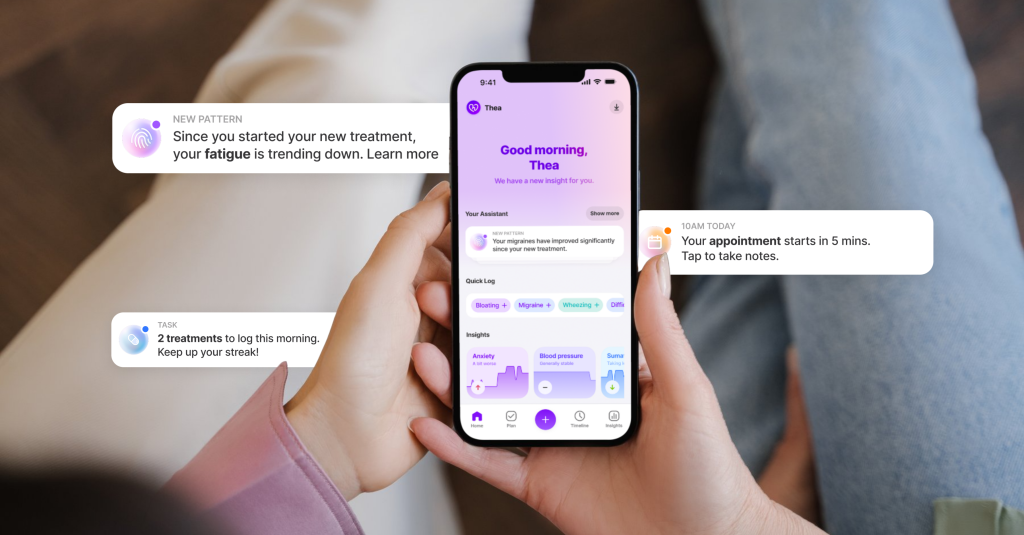
Lambridis says she’s the proof in the pudding – her son, Leo, had suffered chronic illness for some time. She became the first user, building a digital record of her son’s symptoms and used that data to advocate for him. She says her son was eventually able to access a life-changing treatment, and contributed to research that’s now helping build diagnostic tests and better treatments.
In fact, Leo’s illness is partly how the Human co-founders initially connected: “We just started talking,” Lambridis told Forbes in 2024. “We have traversed difficult, complex, traumatising health journeys with a bunch of different family members. We both lost parents too young, and we both have blended families. We both only ever worked in tech, and we both came out of advertising and marketing and into product. We really connected.”
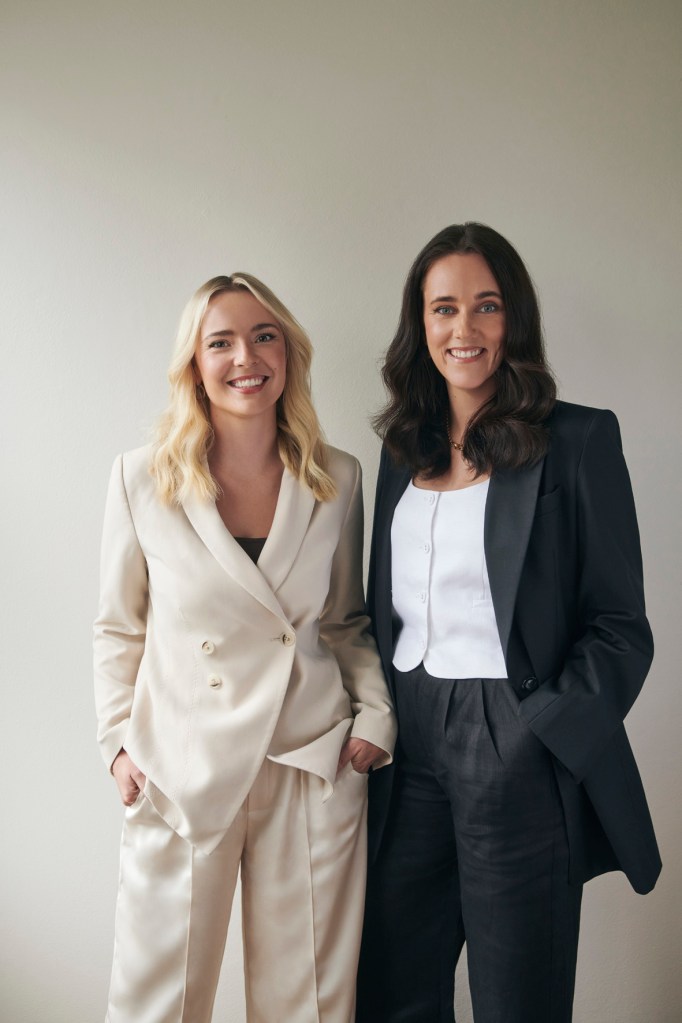
To date, more than 200,000 patients worldwide have tracked 20 million ‘health actions’ using the platform, and are now logging more than 40,000 health actions every day. But the funding will help deepen the platform’s intelligence in focus areas like women’s health, respiratory, pain and autoimmune disease, and give patients the option to contribute anonymised data to research. Human Evidence is a new platform the team is working on to help researchers learn directly from patients through real-world data.
“I understand deeply the challenges people with long-term health issues face when trying to get answers in a system built to treat, not to understand,” Julia Hawkins, general partner at LocalGlobe said. “We need to empower individuals to make sense of their own health data in order to enable truly personalised care. We’re thrilled to partner with Human Health to build the data infrastructure that will power this generational shift in healthcare.”
Look back on the week that was with hand-picked articles from Australia and around the world. Sign up to the Forbes Australia newsletter here or become a member here.
